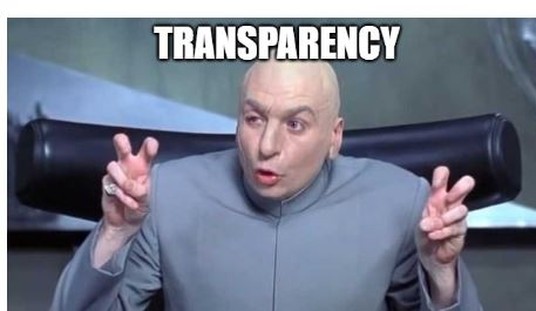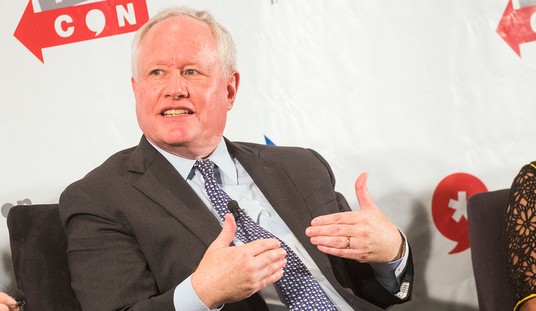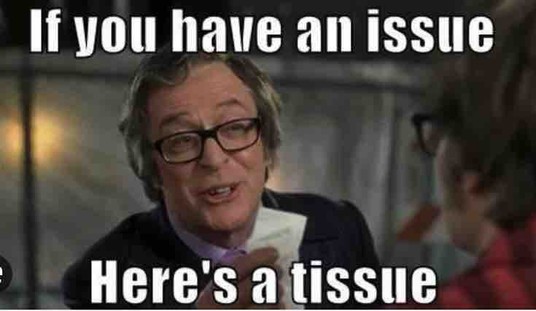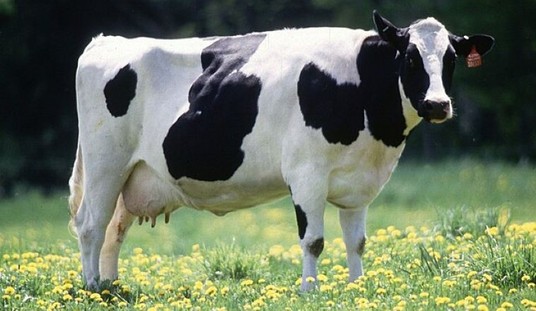Don’t be mistaken into thinking that campus “safe spaces” have anything to do with the “safe zones” that were brought up along with rape whistles during the debate over concealed carry on campus. Safe spaces are something else, but the definition isn’t entirely clear.
Reporter Katherine Timpf takes a look at campus safe spaces in National Review today and concludes that these allegedly “judgment-free spaces” give students the dangerous illusion that such places exist in the real world.
Safe spaces are a crock; anyone asking for one really just wants everything their own way. http://t.co/7LeAuDHzWM
— Charles C. W. Cooke (@charlescwcooke) April 2, 2015
Timpf reports that a Harvard University student expressed in an op-ed Wednesday her concern that Harvard’s safe spaces aren’t safe enough.
According to Madison E. Johnson, her time spent in the “safe space” was really great at first — there were “massage circles,” “deep conversations,” and “times explicitly delineated for processing and journaling.” But then it all changed [when] … a white poet got on stage and said “the n-word a few times.”
…
“For me, a safe space is one in which I feel that I can express all aspects of my identity without feeling that any one of those aspects will get me (including, but not limited to) judged, fired, marginalized, attacked, or killed,” she wrote.
@charlescwcooke If she wanted a safe space she should have stayed in the womb.
— Prof. Mark Youngkin (@mayoungkin) April 2, 2015
@charlescwcooke After decades of coming out of the closet, now they want back in.
— StanleyFosha (@stanleyfosha) April 2, 2015
@charlescwcooke what if you're bad at arguing and you need a #safespace from rational debate
— JJ (@verogg) April 2, 2015
https://twitter.com/nalathekoala/status/583729977809469440
What do these students want, exactly?
@charlescwcooke They want safe spaces to be designated for each race, political affiliation, and sex. Then they can focus on diversity.
— Eddard Barley (@feelalright1569) April 2, 2015























Join the conversation as a VIP Member